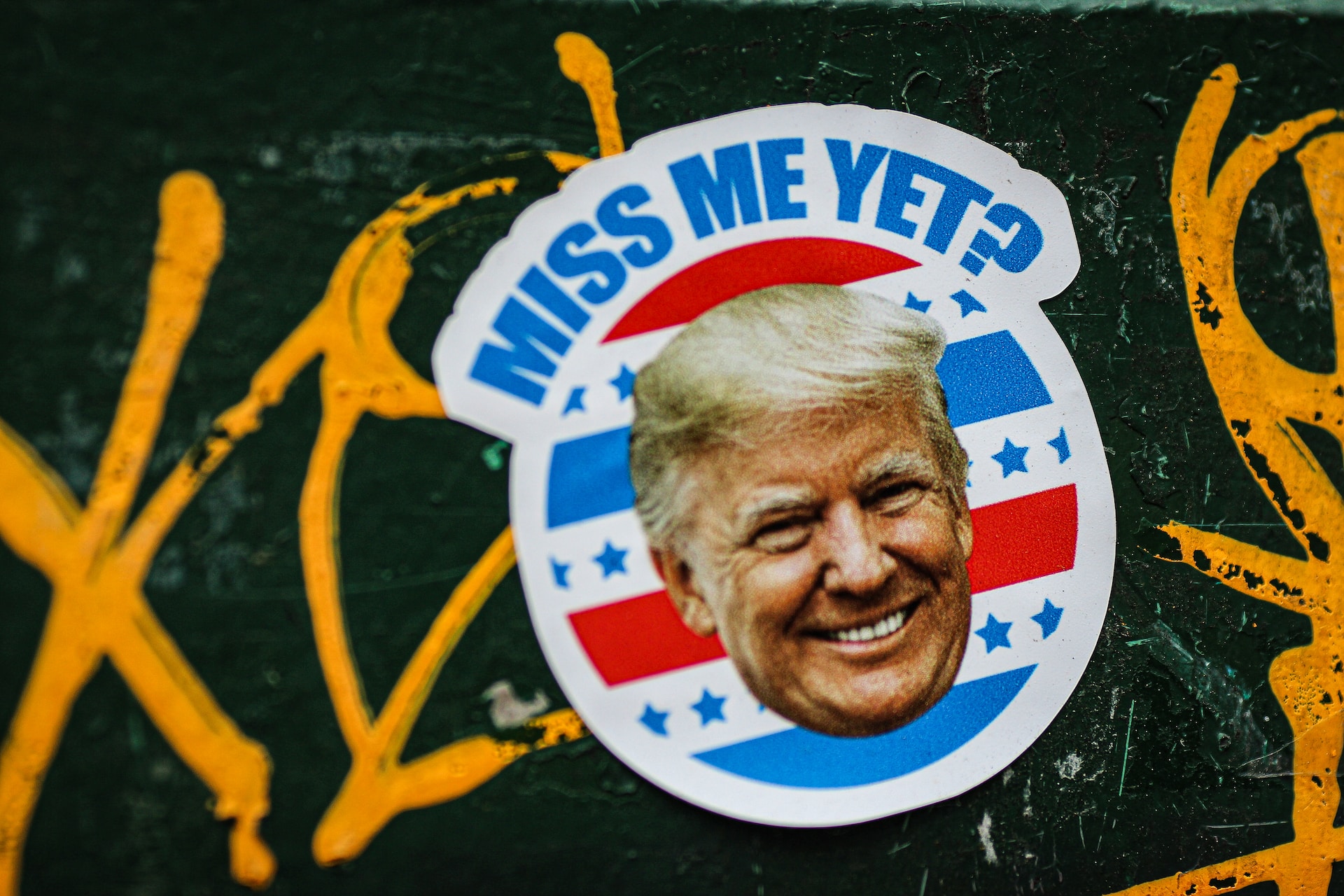“Fascism in America: Past and Present,” co-edited by Gavriel Rosenfeld and University of Oklahoma historian Janet Ward, challenges the notion that fascism is alien to the American ethos. The book delves into the early 20th century, highlighting the emergence of fascist ideas in the United States, including the resurgence of the Ku Klux Klan and the rise of xenophobia.
Contemporary Relevance
Moving through history, the book connects past events to the present day, featuring essays like Clark University scholar Ousmane K Power-Greene’s work on Black antifascist activism. It scrutinizes the enduring nature of fascist ideology in America and its ongoing threat to democracy.
Perspectives on Current Political Climate
Rosenfeld, a scholar of Germany and president of the Center for Jewish History in New York City, discusses the reemergence of nativist sentiments and other developments during the Trump administration, which spurred the creation of this book. He emphasizes the importance of liberal democracy for Jewish strength and the need for vigilance in the current political climate.
Concerns Over Nativism and Extremism
The book highlights the challenges posed by right-wing extremism, while also acknowledging threats from the left. Rosenfeld expresses concern about the impact of the Israel-Hamas war on liberal coalitions formed against right-wing extremism, fearing it may weaken the united front against authoritarian tendencies.
Defining Fascism
The book also grapples with the complex task of defining fascism, a contentious issue in academic circles. Rosenfeld views fascism as an ideological movement inclined towards violence to dismantle the liberal democratic order in favor of a dictatorial system, often defined by ethno-nationalistic terms.
Trump’s Administration and Fascism
While Trump’s administration didn’t fully align with the traditional definition of fascism, the actions and rhetoric of some MAGA supporters and events like January 6, 2021, riot draw closer parallels to fascist tendencies. Rosenfeld notes that while Trump’s right-wing shift may not be ideologically driven, his associations and promotion of certain theories and figures edge closer to fascist behavior.

Essays in Focus
The book features insightful essays, such as Tom Weber’s comparison of Hitler and Trump’s foreign policy views and an examination of the phrase “America First” by Matthew Specter and Varsha Venkatasubramanian.
The Future of American Democracy
Rosenfeld concludes with a reminder of the persistent threats to American democracy and the need for continuous effort to maintain its strength and vigor. The book serves as a call to action, urging readers not to take the resilience of democracy for granted.
“Fascism in America: Past and Present” provides a comprehensive and critical examination of the historical and contemporary facets of fascism in America, urging readers to stay alert and engaged in safeguarding democratic values.
©unityus.org

